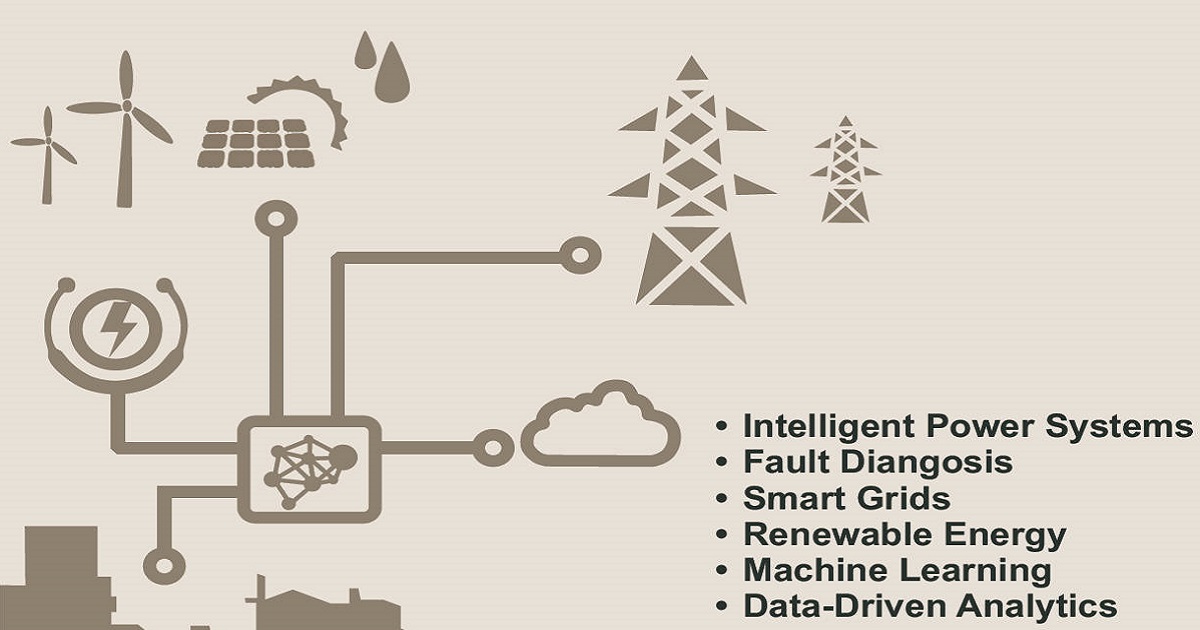- 2.5Impact Factor
- 5.5CiteScore
- 20 daysTime to First Decision
Fault Detection and Diagnostics in Power Systems
This special issue belongs to the section “Mechanical Engineering“.
Special Issue Information
Dear Colleagues,
Electrical power systems are critical not only for industry but also for daily human life, as they are responsible for the generation, transmission, and distribution of energy across the globe.
Faults can occur at any stage of a power system—generation, transmission, or distribution—and any of these can directly impact end users.
Continuous efforts have been made to address these issues. However, the growing energy demand and the increasing integration of renewable energy sources present significant challenges for maintaining power system stability and reliability.
This Special Issue is dedicated to the publication of novel strategies and methodologies for the detection, classification, and diagnosis of faults in power systems. It welcomes contributions that involve conventional approaches as well as those based on emerging technologies such as artificial intelligence, machine learning, and data-driven analytics.
The aim is to provide a comprehensive platform for researchers and professionals to share innovative solutions that enhance the resilience, safety, and efficiency of modern power systems.
Dr. Jesus Rivera-Guillen
Dr. Afshin Rahimi
Guest Editors
Manuscript Submission Information
Manuscripts should be submitted online at www.mdpi.com by registering and logging in to this website. Once you are registered, click here to go to the submission form. Manuscripts can be submitted until the deadline. All submissions that pass pre-check are peer-reviewed. Accepted papers will be published continuously in the journal (as soon as accepted) and will be listed together on the special issue website. Research articles, review articles as well as short communications are invited. For planned papers, a title and short abstract (about 250 words) can be sent to the Editorial Office for assessment.
Submitted manuscripts should not have been published previously, nor be under consideration for publication elsewhere (except conference proceedings papers). All manuscripts are thoroughly refereed through a single-blind peer-review process. A guide for authors and other relevant information for submission of manuscripts is available on the Instructions for Authors page. Applied Sciences is an international peer-reviewed open access semimonthly journal published by MDPI.
Please visit the Instructions for Authors page before submitting a manuscript. The Article Processing Charge (APC) for publication in this open access journal is 2400 CHF (Swiss Francs). Submitted papers should be well formatted and use good English. Authors may use MDPI's English editing service prior to publication or during author revisions.
Keywords
- fault detection
- fault diagnosis
- fault classification
- power system faults
- power system reliability
- power system stability
- condition monitoring
- smart grids
- power transmission
- power distribution
- power generation
- intelligent fault analysis
- artificial intelligence in power systems
- machine learning for fault detection
- data-driven diagnostics
- predictive maintenance
- protection systems
- grid resilience
- renewable energy integration
- anomaly detection in power systems

Benefits of Publishing in a Special Issue
- Ease of navigation: Grouping papers by topic helps scholars navigate broad scope journals more efficiently.
- Greater discoverability: Special Issues support the reach and impact of scientific research. Articles in Special Issues are more discoverable and cited more frequently.
- Expansion of research network: Special Issues facilitate connections among authors, fostering scientific collaborations.
- External promotion: Articles in Special Issues are often promoted through the journal's social media, increasing their visibility.
- e-Book format: Special Issues with more than 10 articles can be published as dedicated e-books, ensuring wide and rapid dissemination.

